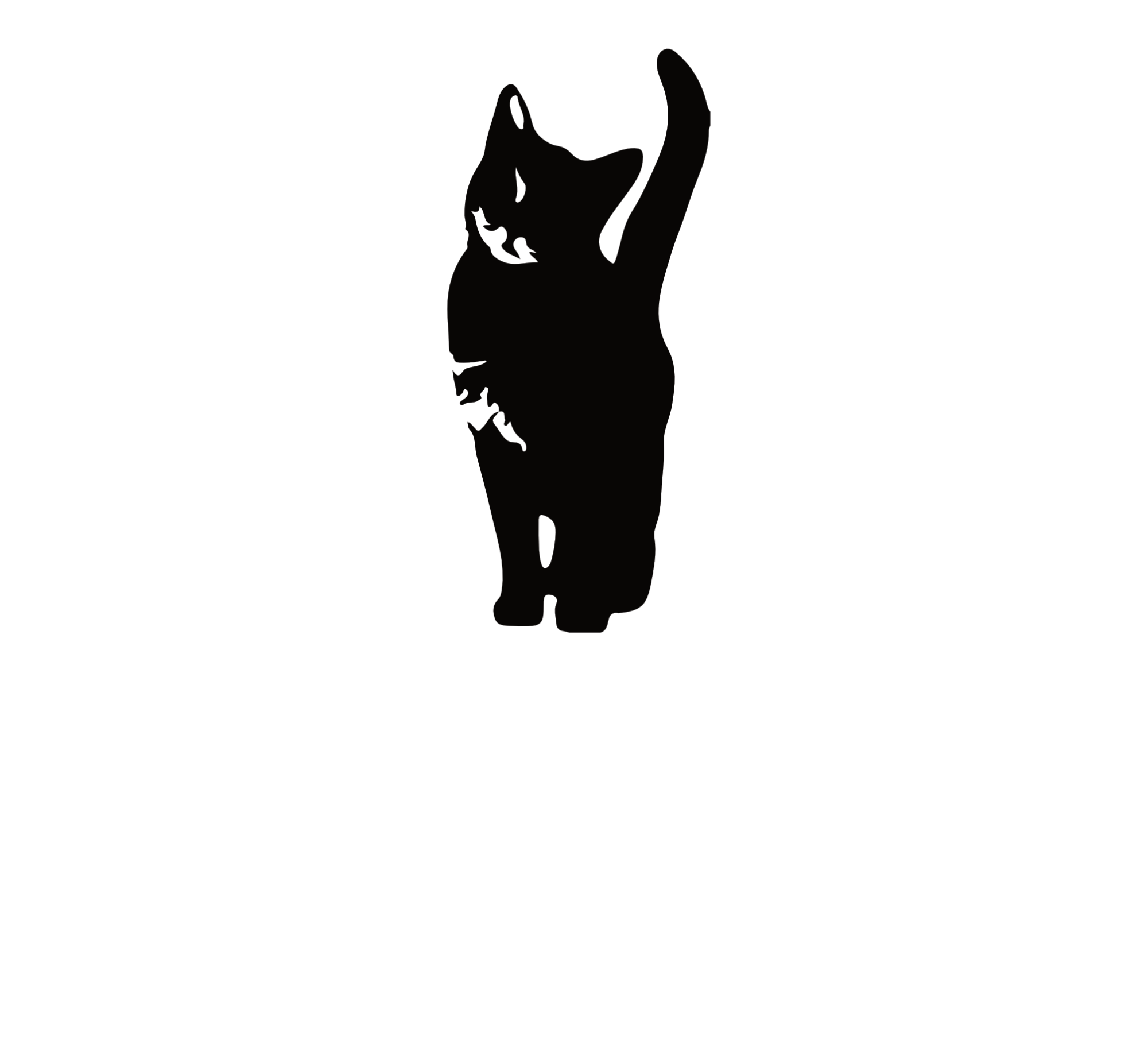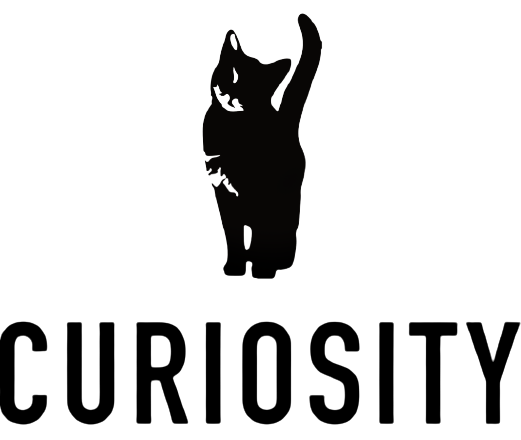“I’m curious what makes you so curious“ Django said to the evil slave owner Monsieur Candy in Quentin Tarantino’s masterpiece Django.
A challenging question to a challenging question.
Some of the best conversations I have are the layered non-linear challenging variety where we just start to wander down into the abyss of questions and answers on tangentially related topics. A kind of conversational jazz riffing on a central theme but exploring interesting detours along the way. The result of these conversations are often times inspirational and provide the kernel of an idea that can take us to great places.
As my colleague Ed Stalling pointed out a while back, this inherent curiosity is what makes for good researchers. I can spot a good researcher within 10 minutes of talking to someone. Those who are good at research are not only curious about exploring the data once collected, but more importantly bringing that inquisitiveness to the business of what questions to ask the first place. Of course figuring out the right questions to ask are driven by the objectives of the research. Now it doesn’t sound creative or fun to come up with “objectives” but it sure can be.
For example, I once had a client convinced that the reason for the increase of SUV acquisition in North America was because of the increased pet ownership. Wacky idea, but a testable hypothesis (it wasn’t). Think of some of the more interesting stories in Tipping Point and Freakonomics. They reviewed interesting findings such as the reasons for the reduction of crime or the current usage of birth control through not only careful data analysis, but by asking interesting questions. It was a clever Portuguese in the early 15th century who said “I bet if we sail far enough West if we may show up in the East!” Turns out he was right, flat earthers’s beliefs to the contrary notwithstanding.
The Wall Street Journal published an article a while back in which they discussed the “Andy Rooney” approach to business planning. The basic gist is that in trying to do something truly new and innovative, you find the most prevalent annoying problem that happens to millions of people every day and ask, does it have to be that way? It’s that first part that true researchers can be invaluable in addressing and, left unfettered to ask interesting questions, can help to unlock billions of dollars of potential.
But it’s not as easy as you think. You have to get out your own way by throwing away assumptions. It is way beyond challenging such idioms as “we have always done it that way” to going deep but keep it fun. You have to listen. You have to observe. And you have to ask lots and lots of questions.
When I worked as an market research analyst I used to love to interrogate our buyer behavior data to find out little insight morsels such as what cops like to drive (F-150s), the most popular car color in Arkansas (White, followed closely by Red) or what brand has the highest penetration of lesbian buyers (Mini). Some had implications for marketing and product planning others were just fun factoids to annoy my co-workers and spouse.
I had a conversation with a friend who is responsible for a research group on this exact topic a while ago. He told me about a study conducted by the Corporate Executive Board that looked at a variety of factors that influenced being a successful researcher. They looked at type of education, amount of education, breadth and depth of experience, and variety of other factors. None of those attributes where significant predictors of individuals generating consistent strategic insight. Guess which attribute did? Intellectual Curiosity.
So, if you are interviewing for a research spot and need someone who is a rock star be sure to look at their experience and their education. But the guy or the gal who has an obsession with maps, almanacs or trivia are the ones you to whom you might pay the most attention. Listen for clues in their speech such as “I wonder why…”, “have you ever thought…” or “wouldn’t it be cool if…”
They enjoy walking in the grey, not the black and white. They may look or dress odd, but there is a bright spark of inquisitiveness in their eyes which is sparked you ask about what interests them, what bothers them, what’s something interesting they could tell you that few others know. They covet knowledge. They want to know what’s around the next corner. What lurks in the data waiting to be found. They are not all innate conversationalists, but the good ones all share one thing in common. They have a clinical obsession with wanting to know one thing: Why.
Stay curious.
CX Sculpting. The Art of Pruning the Unnecessary
Sometimes creating a good experience is knowing when to take things away rather than adding them. Learn how in this brief article…




